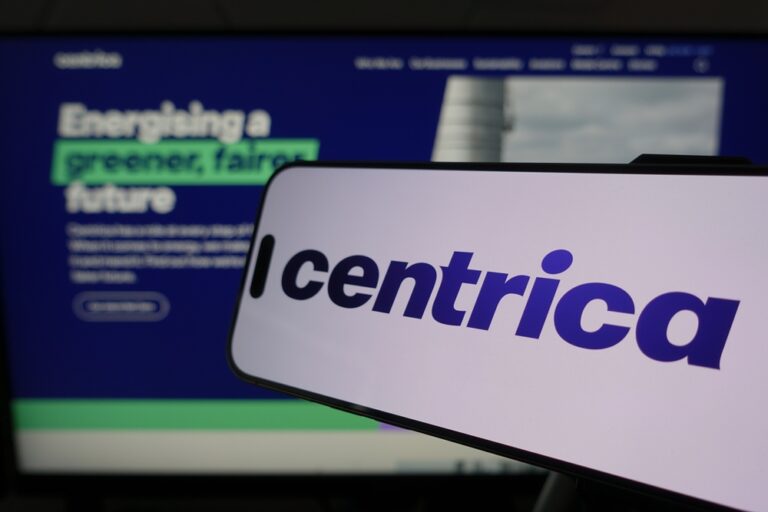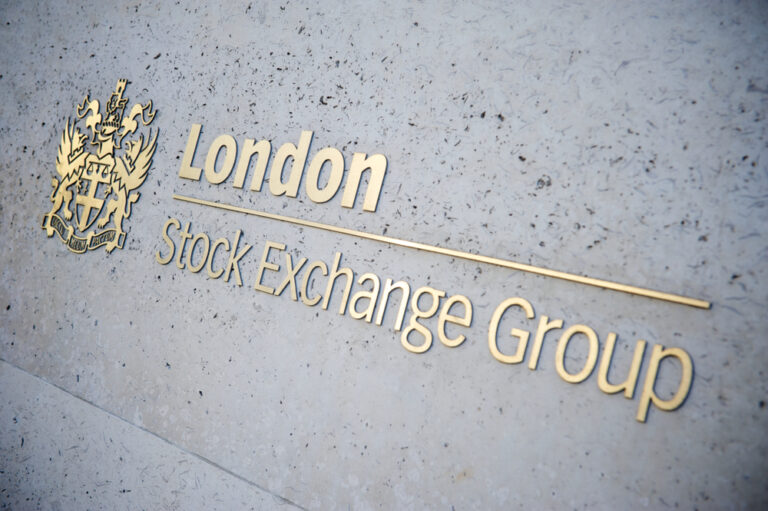Ceramic brake technology developer Surface Transforms (LON: SCE) says first half revenues are 72% ahead at £8.1m. Second half revenues could approach £10m. Production yields have improved to 77%. Gross cash was £1.2m at the end of June 2025, while there has been £9.8m drawn down from the available loan. Cash advances from customers are £12.9m. Zeus believes that at current production rates the company could reach EBITDA breakeven by the end of the year. The share price recovered 48.7% to 1.375p.
Retail firm SpaceandPeople (LON: SAL) had a strong first half with revenues 28% higher at £3.7m and this should be enough to breakeven. Net cash was £750,000 at the end of June 2025. Full year revenues of £8.3m and pre-tax profit of £500,000 are forecast. The share price improved 15.9% to 142.5p.
Online gaming marketing services provider B90 (LON: B90) revenues were accelerating during the first half. June was a record month. Flat operating costs mean that profit is improving. Zeus is maintaining its full year pre-tax profit forecast at €1m but believes that it could be better if the momentum continues. The share price increased 14% to 3.25p.
AI company Pri0r1ty Intelligence (LON: PR1) says its subsidiary Halfspace has been awarded £250,000 of data-led marketing services work by an English Premier League football club. This could lead to additional work for the group. The share price rose 8.89% to 4.9p.
FALLERS
Fulcrum Metals (LON: FMET) is raising £1.05m at 3p/share. The cash will help to advance the Teck Hughes mine gold tailings project and complete a mineral resource element, as well as environmental assessment. It will also fund the annual payment for the licence for the Extrakt technology that will be used to process tailings. There will be a partial repayment of £211,000 of a convertible loan note maturing on 31 July. The £445,000 left will be converted into shares at 3p each. Last week, Terra Balcanica Resources Corp exercised its first year option over the company’ uranium interests. This generated C$50,000 in cash and $350,000 in Terra shares, taking the stake in Terra to 9%. The share price slumped 30.1% to 3.25p.
Metals One (LON: MET1) is making an investment of £175,000 as part of the Fulcrum Metals fundraising. Metals One could become a partner in reviewing tailings projects outside of the current region in Canada. It could also be used for battery metal tailings. The share price dipped 15.7% to 10.712p.
DBAY and the founders of credit hire and litigation service provider Anexo (LON: ANX) have launched a 60p/share bid offering either non-convertible loan notes, with an annual interest rate of 15%, or non-voting B shares in the bid vehicle. There is also a tender offer of up to £12m at 60p/share. The bidders already own nearly 63% of Anexo. The share price slid 17.4% to 56.5p.
Tap Global Group (LON: TAP) chair Peter Wall is leaving the company to become Ministry of Artificial Intelligence and Digital Innovation in the Government of Canada. The share price fell 13.3% to 1.3p.
Mobile payments services provider Fonix (LON: FNX) says gross profit rose 4% to £18.6m in the year to June 2025. It is on course to edge up pre-tax profit from £14m to £14.3m. The share price declined 3.94% to 207.5p.











